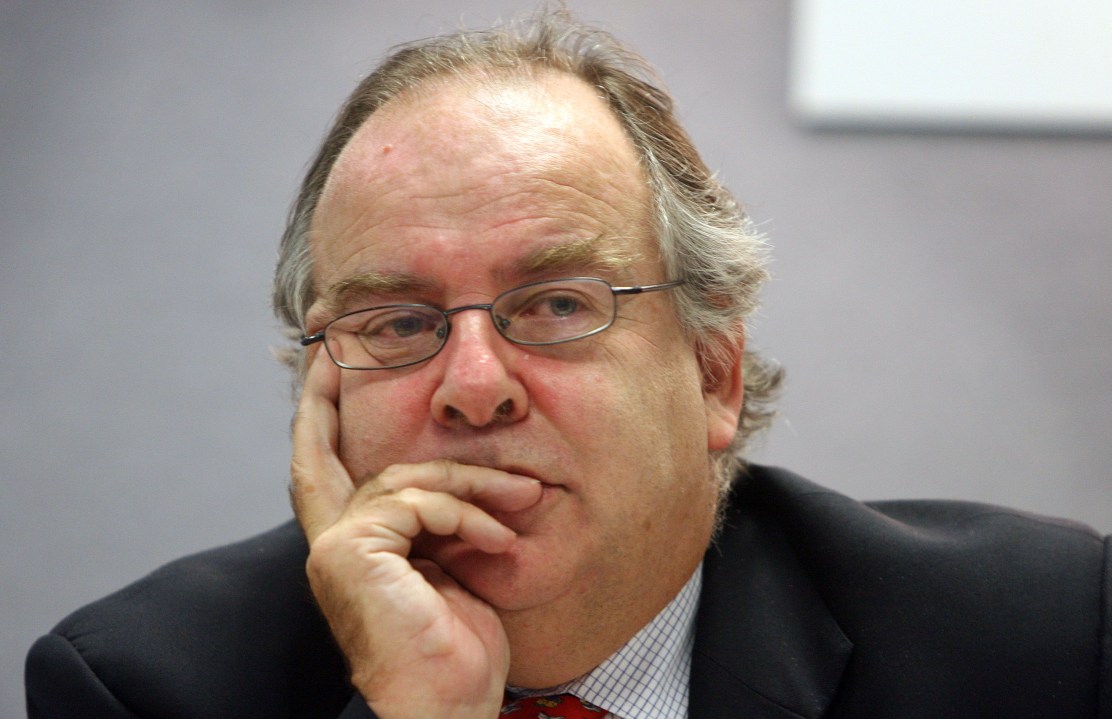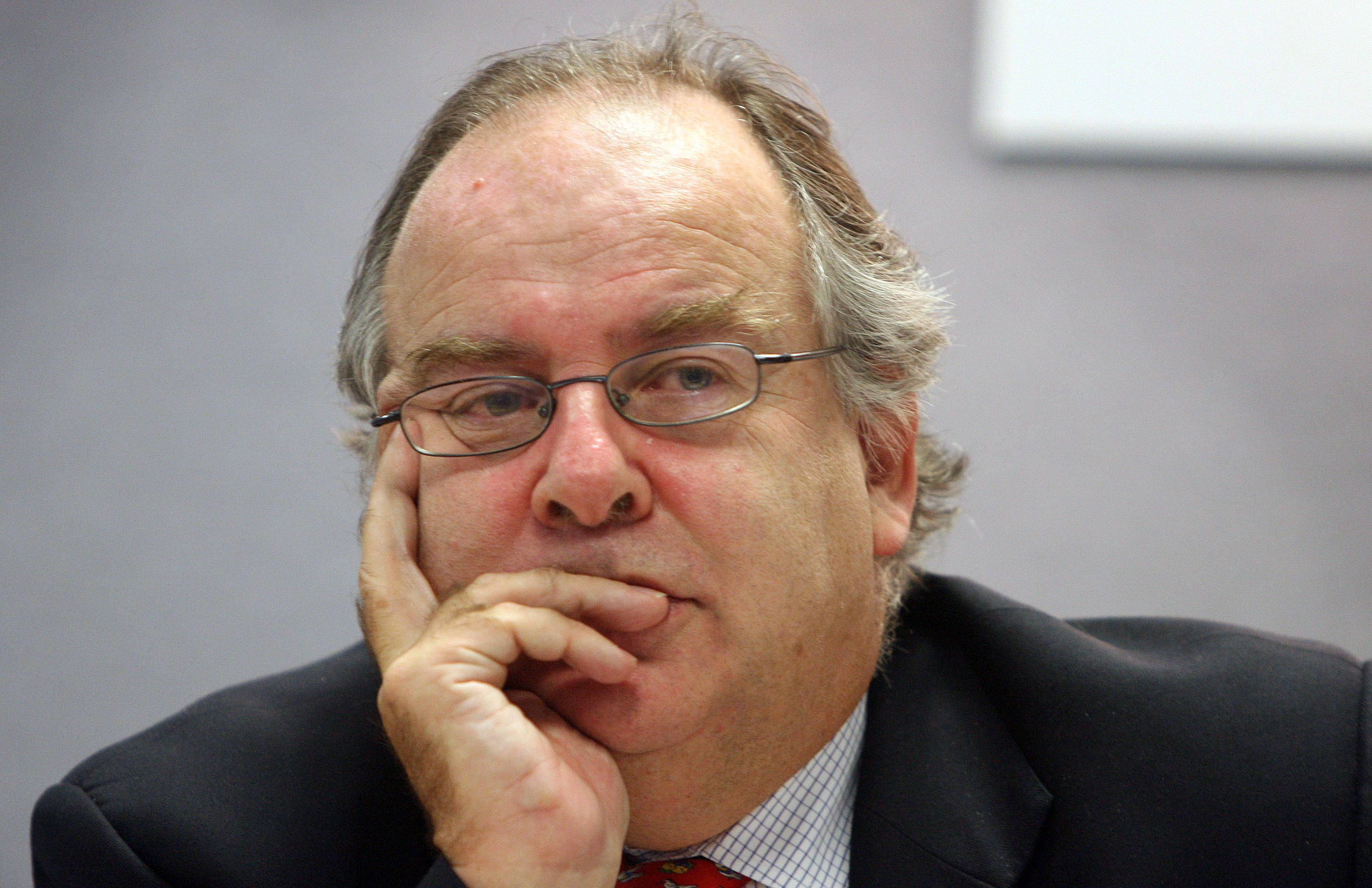So Lord Falconer’s commission, funded by Sir Terry Pratchett, has concluded that there is a ‘strong case’ for assisted suicide, has it? Well, there’s a thing. Given their previous form and the composition of the committee, it would have been remarkable if they’d decided that, on balance, the law works perfectly well — which is what one of their witnesses, the Director of Public Prosecutions, Keith Starmer, said.
On the whole, partly because some anti-euthanasia bodies refused to participate and partly because people with a blatant opposition to assisted dying weren’t invited to sit on it, the composition and conclusions of the body reflected the opinions of those who set it up. It falls short in every respect to a more balanced parliamentary select committee, under the chairmanship of Lord McKay, seven years ago. That took evidence from nearly 150 expert witnesses, including bodies such as the BMA and the medical colleges. The Falconer DIY-commission took public evidence from 48 in Britain. Members visited Oregon, Switzerland, Belgium and Holland to investigate how the law works there. But although the report quotes people the Falconer commission spoke to, there doesn’t seem to be much in the way of published evidence. And it’s quite hard to substantiate the claim that there were 1,200 contributors. The 1,300 or so submissions received by the inquiry and published on its website — described by the BBC as ‘sources’ in a way that would make you think they were in fact expert witnesses — includes questionnaires sent in by members of the public, some anonymous, and letters from members of interested organisations. It’s not exactly evidence.
So, what about the conclusions? The report says that a terminally ill person — whom they define as someone with up to 12 months to live — may be assisted to commit suicide, if two doctors agree, by being provided with life-terminating drugs which they can then self-administer. The notion of people being sent home from their GP with a prescription for poison and without any guarantee of pastoral support for what is, by any reckoning, a traumatic move, is nothing short of disquieting. But this provision for would-be suicides to bring about their own deaths rather than obliging their doctor to be party to a killing is, in fact, drawn directly from the law in the US state of Oregon, which is a template for many proponents of euthanasia. And one worrying feature of the Oregon precedent is that there is no subsequent check to ensure that the fatal prescription is actually administered, rather than left hanging about for any old would-be suicide. Worrying, no?
In essence the Falconer report replicates the substance of Lord Joffe’s earlier bill to legalise assisted suicide with one important exception. It extends the definition of terminal illness from six months to 12 months — and as Ilora Finlay, professor of palliative medicine at Cardiff university pointed out today, any prognosis for that timeframe is bound to be unreliable. The pressure on doctors to deliver a prognosis that would oblige a patient would be very great. And as for the attempt to remove the moral burden of a killing from doctor to patient, there isn’t a great distinction — wouldn’t you say? — between administering poison and providing a prescription for it. Either way the doctor is morally compromised.
But fair play to Lord Falconer; he does want to ensure that patients wanting to end their own lives do so of their own volition. Trouble is, there is no sure way of knowing whether a patient is being subjected to outside pressure to end their lives rather than become a financial burden to their relations and indeed the state. As Cardinal Cormac Murphy O’Connor pointed out in relation to the Joffe bill, it doesn’t take long for the right to die to become the duty to die. And it is the most vulnerable people who would succumb to those pressures.
Most people would probably go along with the view of the BMA and the Director of Public Prosecutions that the law works reasonably well. I’d reform it in quite the other direction, myself. The Tony Bland case, which set a landmark precedent in this area, established a troubling principle, which was to treat the administration of food and water to a patient as medical treatment rather than as the most basic care — a principle that was extended in the case of the living will legislation in which Lord Falconer played an important role. I don’t think tubes delivering nutrition and water count as medicine. And I think that withdrawing them, and depriving patients of basic sustenance, is tantamount to condemning someone to death by starvation and thirst; a quite horrible death. The law needs reform all right, but not in the way the former Lord Chancellor proposes.








Comments